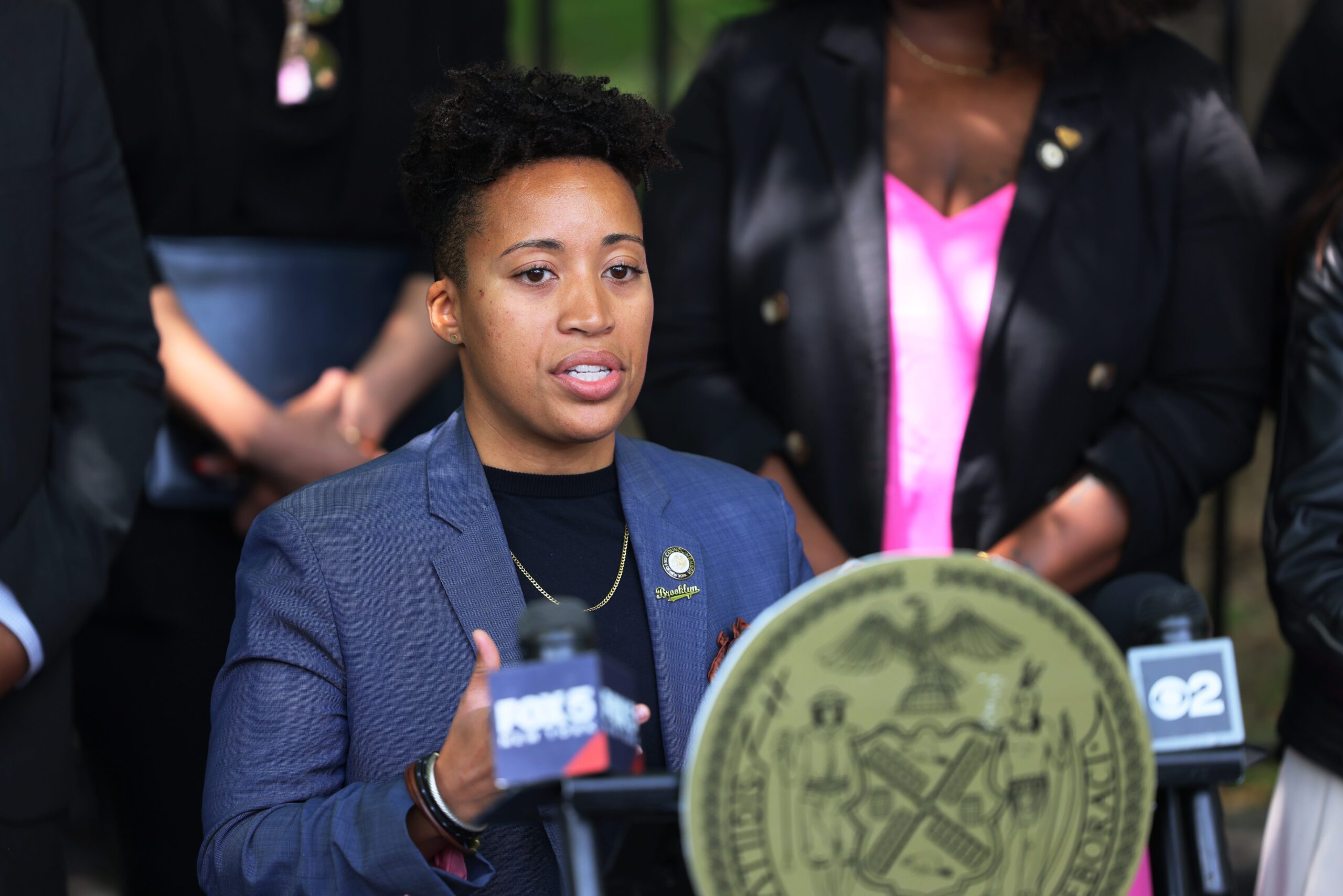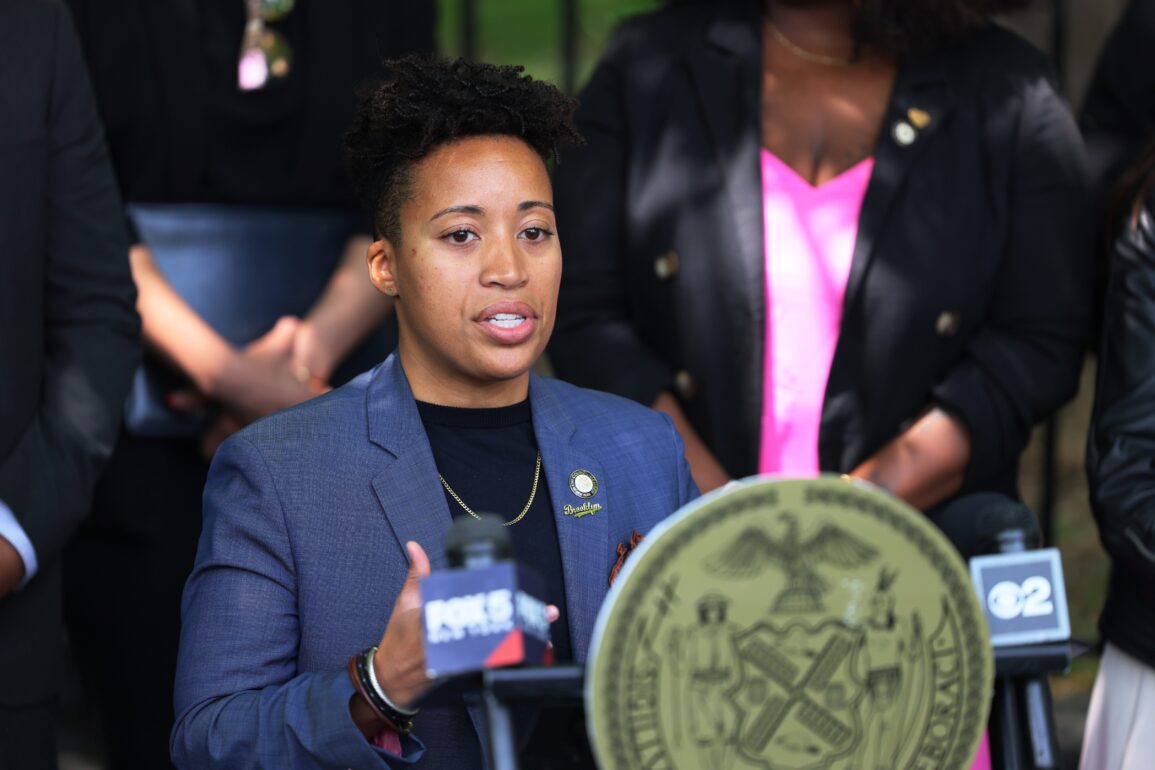
NEW YORK (1010 WINS) – New York City lawmakers are set to pass legislation this week that would authorize a study on the legacy of slavery and racial injustices in the city, which could include potential reparations.
The bill will be voted on Thursday and aims to address the historical and ongoing impacts of slavery. The first step seems to be figuring out what role New York City government played in slavery and slavery’s overall harm and legacy in the city in the last century and a half,
“Although slavery is so far behind us, the long-standing impacts and legacies of slavery are still very present in modern-day New York City,” Councilmember Crystal Hudson, one of the bill’s sponsors, told 1010 WINS.. She emphasized the effects of redlining, housing discrimination, and inequities in healthcare, which continue to affect marginalized communities.
The proposed legislation would require the Commission on Racial Equity (CORE) to collaborate with experts to investigate how New York City’s government has been involved in the perpetuation of slavery and racial injustices.
The study will also document the harms caused by slavery and its legacies, identify related rights violations, and recommend potential reparative measures, which could include financial compensation, medical care, legal services, and symbolic gestures such as public apologies or memorials.
The next step, according to Councilmember Farrah Louis, is determining who should receive reparations and what form those reparations should take. “If these inequalities and injustices didn’t exist, why would we be talking about reparations?” Louis said. “We are still seeing some remnants of it till now.”
Louis pointed out that slavery’s legacies are evident in issues such as school segregation and housing policies that continue to affect Black and Brown families in the city. “We’re dealing with that till now when it came to segregation of schools that’s still impacting Black and Brown family members here in our city,” she said.
Both council members agree that helping the most marginalized communities will ultimately benefit everyone. The study will propose eligibility criteria for reparations and will coordinate with the New York State Community Commission on Reparations Remedies, as well as the city’s Truth, Healing, and Reconciliation process.
“We never had legislation to start the process of what reparations could look like,” Louis said. The study will be a first step in understanding New York City’s role in slavery and determining the reparations needed to address its lasting impacts.


